Using RSS feeds may be better for your mental health
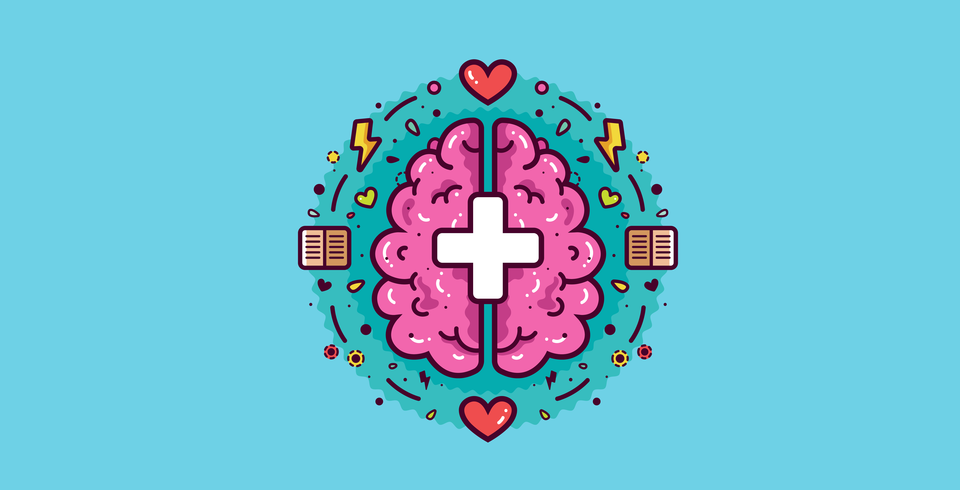
Studies show that the ways we consume content today—especially when on social media websites— can negatively impact our lives and be significantly detrimental to our mental health. It's been linked to increased anxiety, depression, sleep disruption, and anti-social behavior. And while RSS feeds don't eliminate these risks entirely, consuming news and social media content through RSS feeds, instead of through websites and apps directly, can combat some of these negative effects.
You're not easily manipulated distracted
We can often open an app or website just to quickly check something, but end up engaging in more things and getting pulled down a rabbit hole that's hard to get out of. That's because as soon as we log in to these apps, they're constantly competing for our attention with targeted recommendations, triggering headlines, and controversial topics that it knows we're likely to interact with.
Take a look at the following image of how a single tweet looks when viewed on Twitter's website. If you look closely, there's actually more irrelevant content than content related to the tweet itself, in an attempt to distract you and steal your attention away from the primary reason for visiting the page.
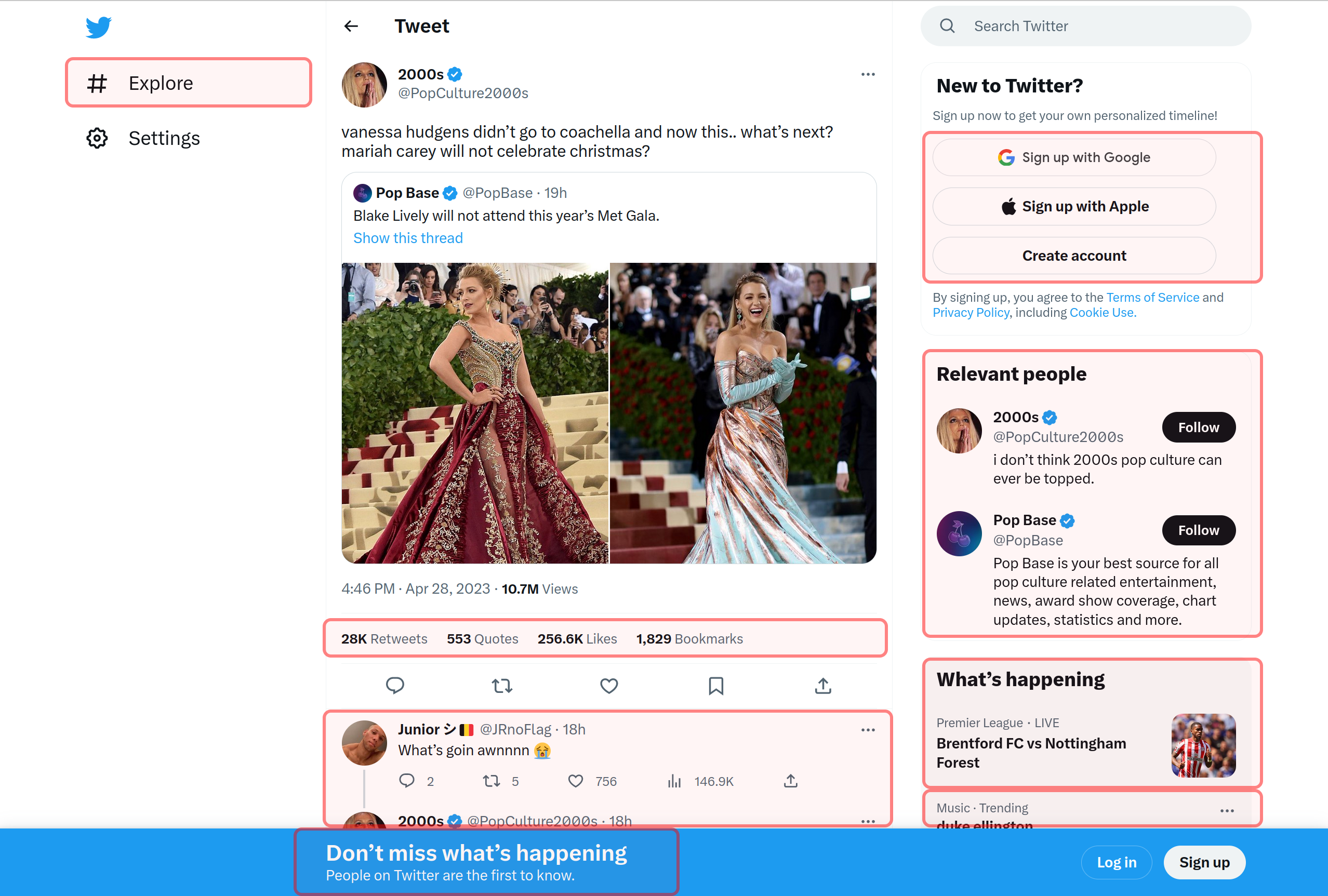
Social media sites aren't the only websites with a high number of distractions when viewing content. News sites aren't very different. Take a look at the number of things that attempt to steal your attention from the news article on the BBC web page below.
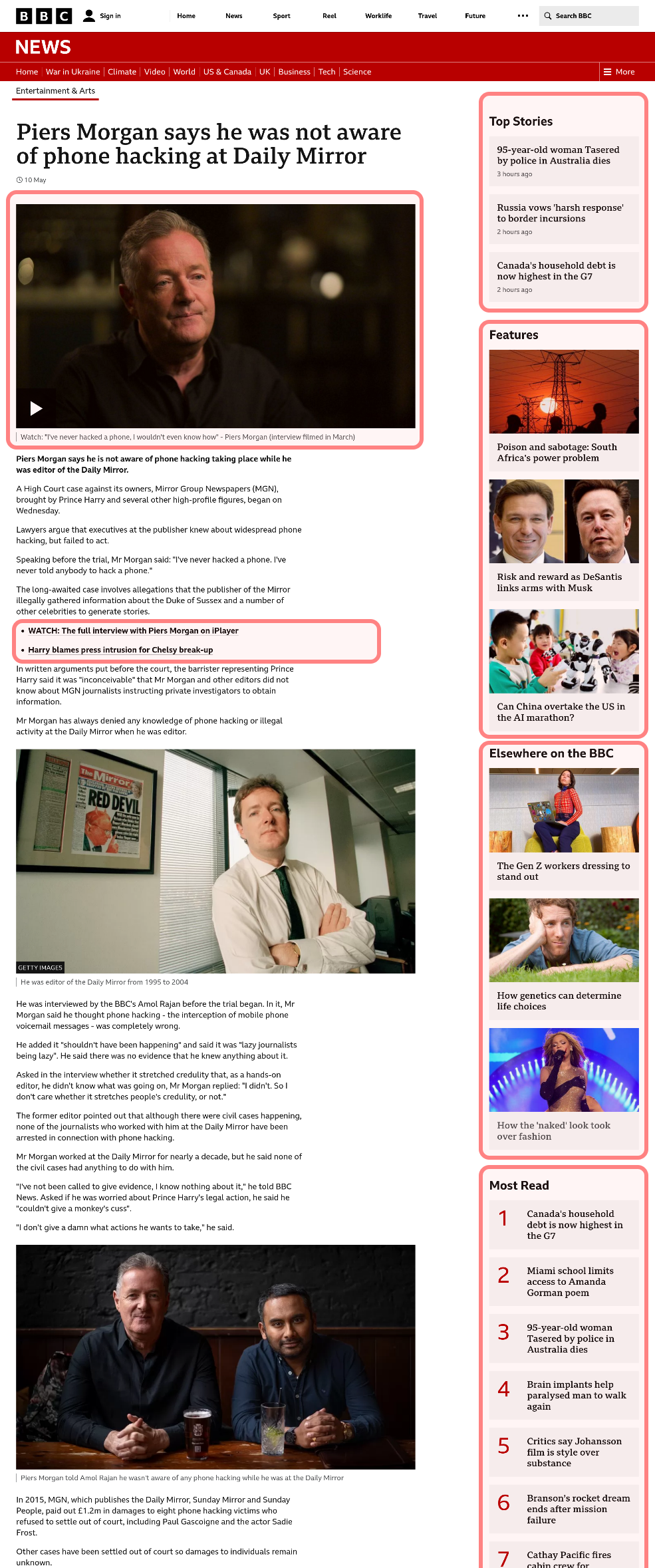
To keep us addicted, many of the websites and apps we use leverage the same neural circuitry used by cocaine and slot machines. But RSS feeds allow you to consume content in a way that's free from any distractions or sneaky cocaine strategies. They allow you to see only the content you want to read right there in the feed, in its entirety, and without all the fancy ads or triggering comments. This means you get only relevant content delivered to you and often eliminates the need to visit a website or app entirely.
You can take breaks and pick up where you left off
Our perception of being socially isolated may be the reason we're constantly checking websites and apps. And it doesn't help that these platforms don't display their content in a way where you can easily pick back up where you left off.
When we're offline, we constantly feel like we're missing out on something. But when we finally do get back online, we get a dopamine hit (a reward)— "a huge deviation upward" as psychiatrist, Dr. Anna Lembke, describes it. Then, when it's time to sign off again, anxiety grows and there's a deviation downward called "the comedown... that moment of wanting to stay online and click on one more video or connect with one more person". But this perpetual cycle of abundant dopamine in high quantities actually causes a deficit in the brain, mimicking the same symptoms and feelings as depression and anxiety.
However, RSS feeds allow you to experience the same content you'd see on these websites and apps, but essentially "pause" your progress, so you can take breaks, come back, and your feed will be just as you left it. Because, as you're scrolling an RSS feed, items can be archived and marked as "read" automatically as you scroll past them. And if you don't get to items in the feed, they'll stay "unread" and remain that way, until you're able to get back to it. This is a much healthier approach than navigating this same content on social media sites, where it's not as easy to jump right back in without losing out on a significant amount of context.
You're not scrolling forever
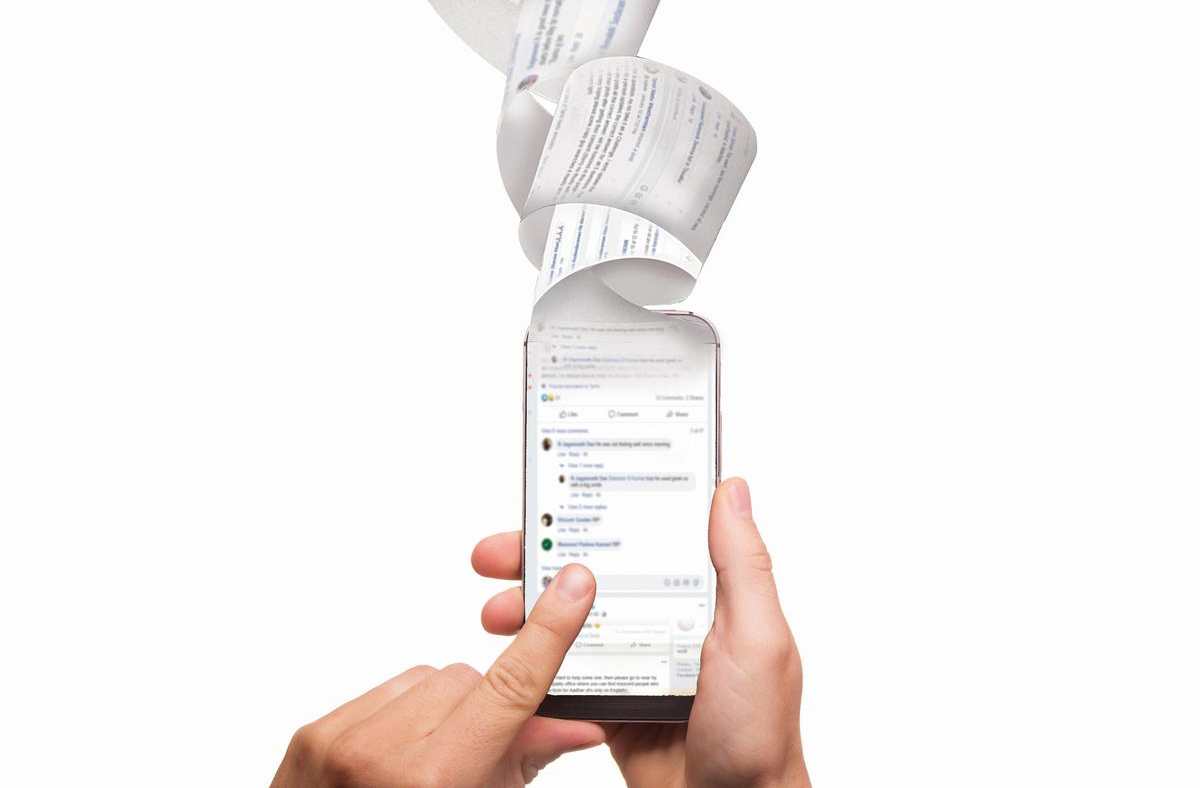
Spending too much time on the internet consuming media is already bad for our mental health. But it only makes the situation worse when websites and apps use "infinite scrolling" techniques that automatically load more content as we scroll, in attempts to maintain our interests. This technique poses such a threat to our well-being that a US Senator proposed a bill that would make infinite scrolling illegal.
As a healthier alternative, RSS Feeds give you a strict timeline of content, all in chronological order that can be sorted by "oldest first". So as you scroll down past them, you'll naturally get to the last item in the feed (the most recent). Consuming content this way ensures there's always an "end" when scrolling through the feed, giving you a subtle, mental stopping point.
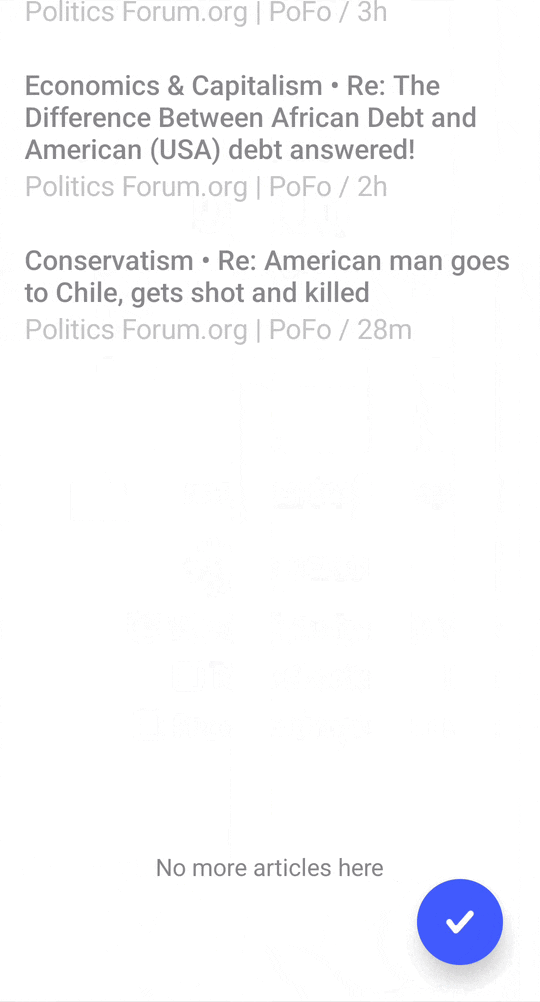
Without any more content to scroll, you're likely to experience the rewarding feeling of being "caught up" on everything and fulfilled enough to take more frequent breaks.
You control your online experience
With RSS feeds, you're in total control over the content you see. You decide which RSS feeds you'd like to subscribe to and ditch those you're no longer interested in, essentially allowing you to build a personalized timeline of everything on the internet.
Your RSS feed shows content in chronological order—not curated, manipulated, or in some random order determined by some artificial intelligence that thinks it knows what you want to see better than you do. Content in your RSS feed isn't deprioritized against paid content or mixed in with "recommended" content that often turns out not to be all that relevant anyway. And you can finally stop seeing those same, useless advertisements for that thing you've already bought two weeks ago.
Our RSS feeds can help
As a nonprofit organization that commits to providing you with healthier alternatives to consume content online, we can't stress enough how great it is to consume content from the websites and apps you love through RSS feeds. We offer many feeds to help.
For social media, in particular, we offer feeds for websites including Twitter, Substack, Mastodon, Youtube, and Twitch. For news sites, we offer some great feeds including Washington Post, Yahoo! News, AllSides, BBC, AP News, Reuters, Aljazeera, Morning Brew, and many others.
We won't stop until there's a feed for everything, so we can all rely on RSS feeds as a primary and healthier way to consume content on the web.